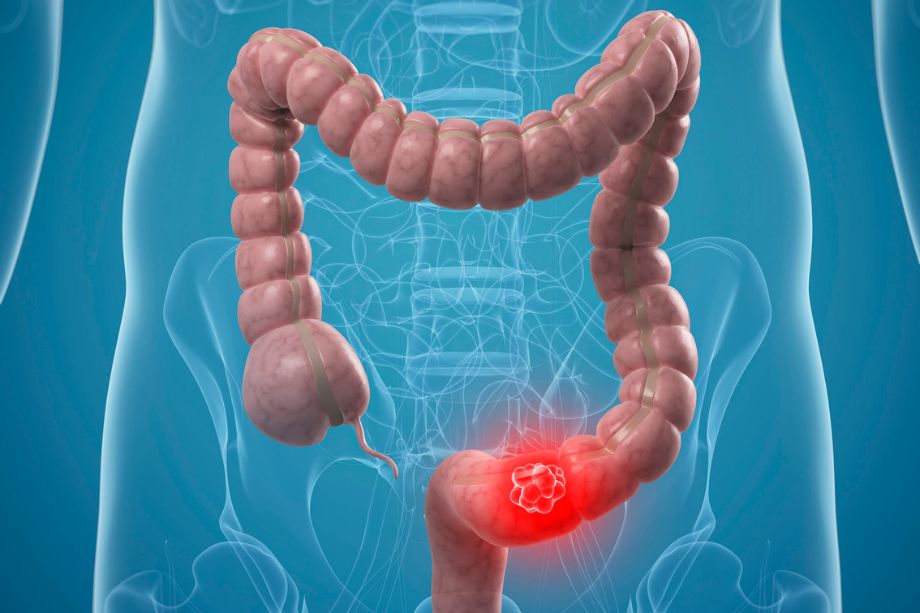BLOG
Knowledge, like food,
is powerful medicine.
Topics
- View Topics
Introduction When you think about gut health, you may be focused on “good bacteria” and adding more microbes to your gut with things like probiotics, yogurt, kombucha, and even fecal transplants. But here’s the problem: most of the time those new microbes don’t stick around long enough to do you much good. And they don’t […]
Introduction When we talk about gut health, we usually focus on bacteria and food. But new research shows your gut microbes also “talk” to your genes. They don’t change your DNA, but they can influence how your genes are turned on or off. This process is called epigenetics. Your gut environment and your genes are […]
After a long, stressful day, many of us reach for a glass of wine to unwind. But what if there were a night-time ritual that satisfied the craving for something rich and relaxing without the health risks of alcohol? Enter: tart cherry juice — a delicious, gut-friendly substitute that not only tastes great but also […]
With more than fifteen different veggies and herbs, this soup will get you more than halfway to your goal of thirty different plant foods per week— in just one bowl of soup! Ingredients 2 tablespoons olive oil or avocado oil 1 yellow or sweet onion, diced 1 garlic clove, minced 3 celery stalks, diced 4 […]
Not long ago, colon cancer was mostly seen in people over 70. But today, about 1 in 10 new cases are in people under 50. In fact, colon cancer is now the number one cause of cancer deaths in men under 50, and the 2nd most common in women under 50. This isn’t just an […]
A 2023 review shows the rise in colon cancer among young people isn’t just about genes. The real drivers are food, gut bugs, and what’s in your medicine cabinet. Lifestyle Choices Gut Microbiome Your gut is home to trillions of bacteria. When they’re out of balance (a problem called dysbiosis), it fuels inflammation and even damages […]
Many young adults ignore symptoms, thinking they’re too young for colon cancer. That’s a dangerous mistake. Knowing the signs—and taking action—can save lives. Symptoms You Shouldn’t Ignore If you notice these, don’t wait—talk to your doctor. Daily Gutbliss Habits to Lower Risk Even if you can’t change your genes, your daily choices make a huge […]
You might not think of your medicine cabinet as the culprit when it comes to accelerated aging, but anything that jeopardizes your microbiome also jeopardizes your ability to age well, and at the top of the list of microbial disruptors are antibiotics. Antibiotics are arguable one of the most important scientific discoveries of the last […]
Scientists conducted a study in about 300 participants to explore the link between gut bacteria, premature brain aging, and cognitive function. Stool samples, imaging tools, and clinical assessments to measure cognitive function were utilized. Results showed that disruption of the gut microbiome, known as dysbiosis, was strongly linked to accelerated cognitive decline – independent of […]
In a study published in Antioxidants last year, scientists performed FMT (fecal microbiota transplantation – transferring stool from a healthy donor into the digestive tract of another in order to establish better microbial health) by taking stool samples from older mice and transferring them into younger mice. The results showed that the transplanted aged microbiome […]
While there’s currently a lot of focus on female menopause, men also go through their own version of menopause called andropause. Andropause is the gradual decline in testosterone levels as men grow older, usually beginning in the 4th decade of life. Andropause has its own characteristic symptoms, both emotional and physical, including mood changes like […]
Lots of women struggle during perimenopause and menopause and are looking for ways to feel better. While there’s tons of information out there about the benefits of hormone replacement therapy (HRT), it’s important to understand the potential downside too, so you can make the right decision about what’s best for you. If you do a […]

















